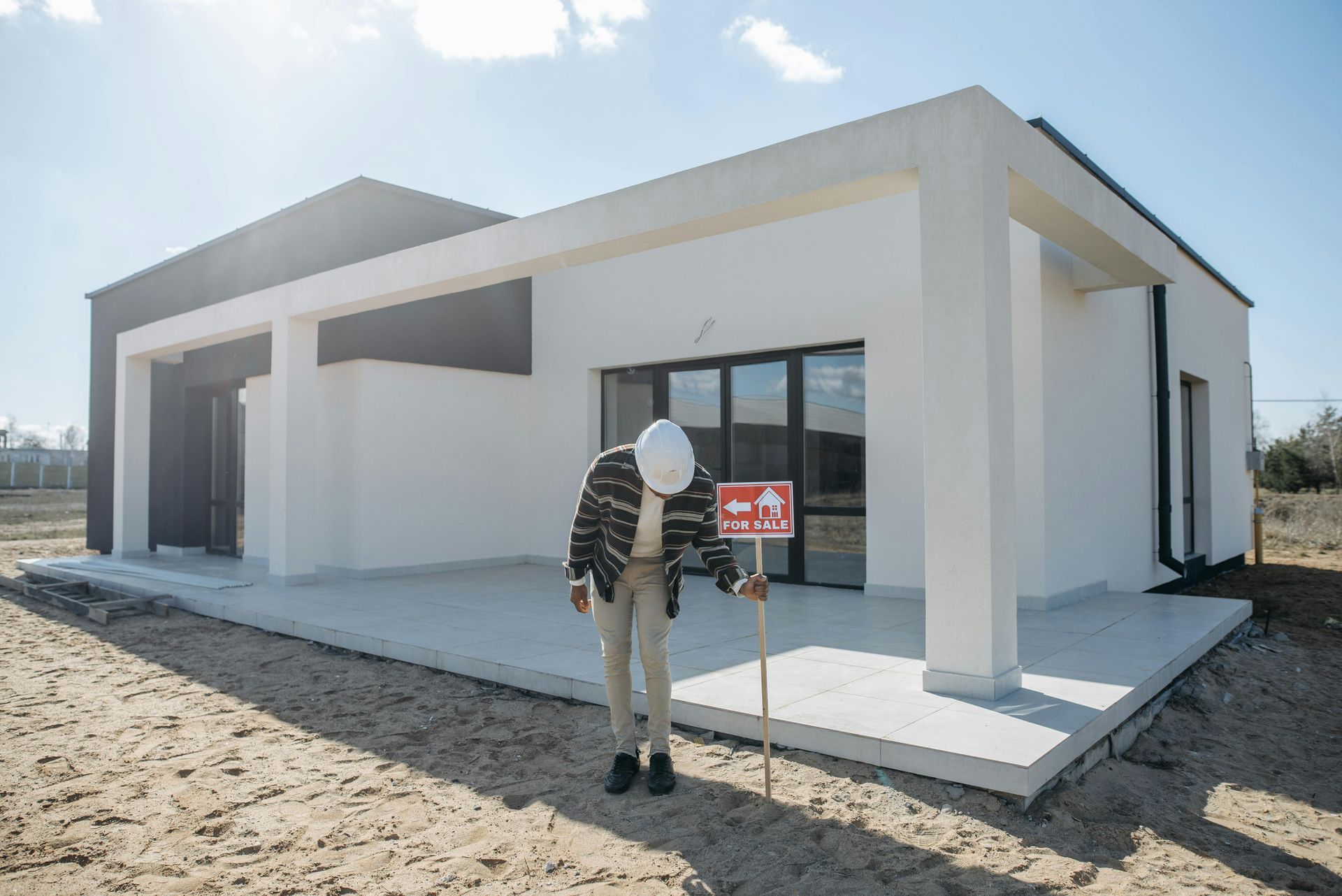South Carolina's Tourism Industry
South Carolina Tourism Industry

Continued Growth in South Carolina's Tourism Industry
South Carolina’s tourism industry remains a cornerstone of the state’s economy, generating an impressive $29 billion annually. Even after the economic downturn due to the pandemic, the tourism sector has shown remarkable resilience, supporting over 200,000 jobs and contributing $1.8 billion in state and local taxes. Tourism in South Carolina benefits from diverse attractions ranging from coastal beaches to cultural landmarks and outdoor adventures. With the state's strategic marketing efforts, it continues to attract millions of visitors each year (South Carolina Department of Parks, Recreation, and Tourism).
Tourism has long been a key economic driver for South Carolina. In 2019, the industry contributed $24.4 billion, though the pandemic temporarily reduced revenue to $16.2 billion in 2020. However, by 2021, recovery was well underway, largely due to the popularity of its beaches, and projections for continued growth have remained optimistic (Social Media Insights Lab). Visitors are drawn to the state’s mix of outdoor recreation, history, and southern hospitality, keeping it competitive as a premier U.S. destination.
Top Destinations Driving South Carolina Tourism
Myrtle Beach
Myrtle Beach is South Carolina's most popular destination, attracting tourists with its 60 miles of coastline, expansive boardwalk, and abundant family-friendly activities. According to a 2021 study, Myrtle Beach was mentioned over 45,000 times in social media conversations—more than twice as much as other beaches in the state (Social Media Insights Lab). The city offers a variety of attractions, including:
- 90+ golf courses, making it a national destination for golfers.
- Major events such as Myrtle Beach Bike Week and the Myrtle Beach Classic, which draw thousands of visitors annually.
Myrtle Beach continues to be a central pillar in South Carolina’s tourism strategy, appealing to a wide range of visitors from families to retirees, and contributing significantly to the local economy.
Hilton Head
Hilton Head Island is another key destination, known for its more exclusive and upscale appeal. With 12 miles of beaches and a strong focus on eco-tourism, Hilton Head draws visitors seeking a quieter, luxury experience. The island is a premier destination for golf enthusiasts, hosting the PGA RBC Heritage Tournament and offering 24 world-class golf courses. Beyond its golf offerings, Hilton Head is a center for cultural tourism, particularly around the Gullah-Geechee heritage, which showcases the rich history of African American culture in the Lowcountry (Economic Impact of Golf in South Carolina).
Charleston
Charleston is the cultural heart of South Carolina, attracting visitors with its well-preserved colonial architecture, historic landmarks, and renowned culinary scene. The city draws 7.68 million visitors annually, contributing $12.8 billion to the local economy (Charleston Regional Development Alliance). Charleston’s blend of history, beaches, and cultural tourism is a major factor in its continued popularity. Key attractions include:
- Fort Sumter, where the Civil War began.
- Plantation tours offering insights into the region's history.
- The vibrant Gullah-Geechee culture, which is increasingly a focal point for cultural and heritage tourism (Social Media Insights Lab).
Isle of Palms
Isle of Palms is a picturesque barrier island just off the coast of Charleston, South Carolina, known for its pristine beaches, outdoor activities, and relaxed island charm. The area is a prime spot for family vacations, weekend getaways, and those seeking a mix of beach and nature. With miles of sandy shoreline and access to both tranquil waters and nearby cultural sites, there are plenty of things to do in Isle of Palms for visitors looking to experience coastal beauty and adventure. Key attractions and activities include:
- Wild Dunes Resort, featuring world-class golf courses, tennis courts, and various amenities that make it a favorite for leisure and sport.
- Isle of Palms County Park, offering beach access, picnic areas, and family-friendly amenities perfect for a day of relaxation by the water.
- Water sports and fishing charters, where visitors can enjoy everything from paddleboarding and kayaking to deep-sea fishing and dolphin watching.
With its unique blend of outdoor recreation and laid-back beach vibes, the variety of things to do in Isle of Palms offers something for everyone, from nature lovers to adventure seekers.
Key Drivers Behind South Carolina’s Tourism Boom
Several factors contribute to the steady growth of South Carolina’s tourism industry:
Beaches
South Carolina’s 187 miles of coastline are a major draw. Myrtle Beach, Hilton Head, and Charleston are the most popular beach destinations. According to a 2021 report by the Social Media Insights Lab, beaches dominate social media discussions, accounting for 43% of all tourism-related activity (Social Media Insights Lab, University of South Carolina).
Golf
Golf is another significant driver, with South Carolina boasting over 360 golf courses. Events like the PGA Championship at Kiawah Island attract thousands of visitors, contributing to the state’s economic success. A 2021 study found that golf-related tourism has contributed $3.3 billion to the state’s economy (Economic Impact of Golf in South Carolina, 2022).
Cultural Tourism
Historic sites in Charleston, including Fort Sumter and numerous plantations, continue to attract cultural tourists. The Gullah-Geechee Heritage Corridor, which stretches along the coast, has drawn increasing attention, promoting heritage tourism (South Carolina Department of Parks, Recreation, and Tourism).
Outdoor Recreation
Hiking, camping, and fishing are key attractions in areas like Greenville and the Blue Ridge Mountains. With more people seeking outdoor activities, these areas continue to see growth in visitor numbers, supported by a strong emphasis on eco-tourism.
Forecasting the Future of South Carolina Tourism
Looking ahead, South Carolina’s tourism industry is expected to grow modestly, building on its strong foundation of diverse attractions. Based on the 2024 State Level Lodging Report, visitor numbers are expected to rise by 3.5% during peak months, thanks to stable gas prices and increasing interest in outdoor recreation and cultural activities (State Level Lodging Report, 2024).
Modest growth projections for sectors such as sports tourism and cultural tourism indicate that the state’s appeal is expanding beyond traditional beach vacations. The success of events like the Bassmaster Classic and Myrtle Beach Classic further cements South Carolina as a premier destination for sporting events (WLTZ News, 2024).
Strengthening South Carolina’s Hospitality and Service Sector
The state’s hospitality sector has grown in tandem with tourism, supporting over 200,000 jobs. South Carolina has seen a rise in hotel developments, especially in major tourism hubs like Myrtle Beach and Charleston. These investments reflect the state’s commitment to improving guest experiences and boosting the service economy. The accommodations tax, which is applied to short-term rentals and hotel stays, generates revenue that directly funds tourism promotion and infrastructure projects, ensuring continued growth (South Carolina Department of Revenue).
The Role of Accommodations Tax in Funding South Carolina’s Growth
South Carolina's accommodations tax, applied to stays of less than 90 days, helps fund local infrastructure and tourism marketing efforts. The state levies a 7% tax, with municipalities adding their own rates to support tourism development. This tax is a crucial part of the state’s tourism strategy, generating millions of dollars annually to improve infrastructure and attract more visitors (South Carolina Department of Revenue).
The Road Ahead for South Carolina Tourism
With its robust offerings in beaches, culture, golf, and outdoor recreation, South Carolina’s tourism industry shows no signs of slowing down. Its diverse attractions continue to draw visitors year-round, fueling job growth and enhancing the state’s economy. Moving forward, the focus on cultural tourism, sports tourism, and eco-tourism will ensure that South Carolina remains a top U.S. destination for years to come.
Conclusion
South Carolina’s tourism industry is a powerful economic driver, contributing billions annually and supporting hundreds of thousands of jobs. From the bustling beaches of Myrtle Beach to the cultural richness of Charleston, the state offers a diverse array of attractions that continue to fuel visitor growth year after year. For those interested in exploring the investment opportunities in South Carolina's short-term rental market, be sure to check out the best places in South Carolina to invest in short-term rentals.
Additionally, understanding local regulations is critical. For more information, you can review the short-term rental regulations in Isle of Palms and the Charleston short-term rental regulations to ensure compliance when investing in these markets.
South Carolina’s vibrant tourism industry, combined with its regulatory framework, provides ample opportunity for savvy investors looking to tap into this ever-growing market.
Works Cited
Charleston Regional Development Alliance. "Tourism's Impact." CRDA, 2024, www.crda.org/doing-business-here/economic-drivers/tourism/.
Economic Impact of Golf in South Carolina. "Golf’s Economic Contribution." 2022, www.scgolfimpact2022.com.
Social Media Insights Lab. "South Carolina Tourism Is Growing. Here’s Why." University of South Carolina, 14 Dec. 2021, sc.edu/study/colleges_schools/cic/initiatives/social_media_insights_lab/reports/2021/sc_tourism_is_growing.php.
South Carolina Department of Parks, Recreation, and Tourism. "Tourism’s Impact." SCPRT, 2024, www.scprt.com/tourism/.
State Level Lodging Report. "2024 State Level Lodging Report." STR, LLC, July 2024, www.statelevelreport2024.com.
WLTZ News. "Tourism Has a $29 Billion Impact on South Carolina." 20 May 2024, www.wltz.com/tourism-impact-sc-2024.



